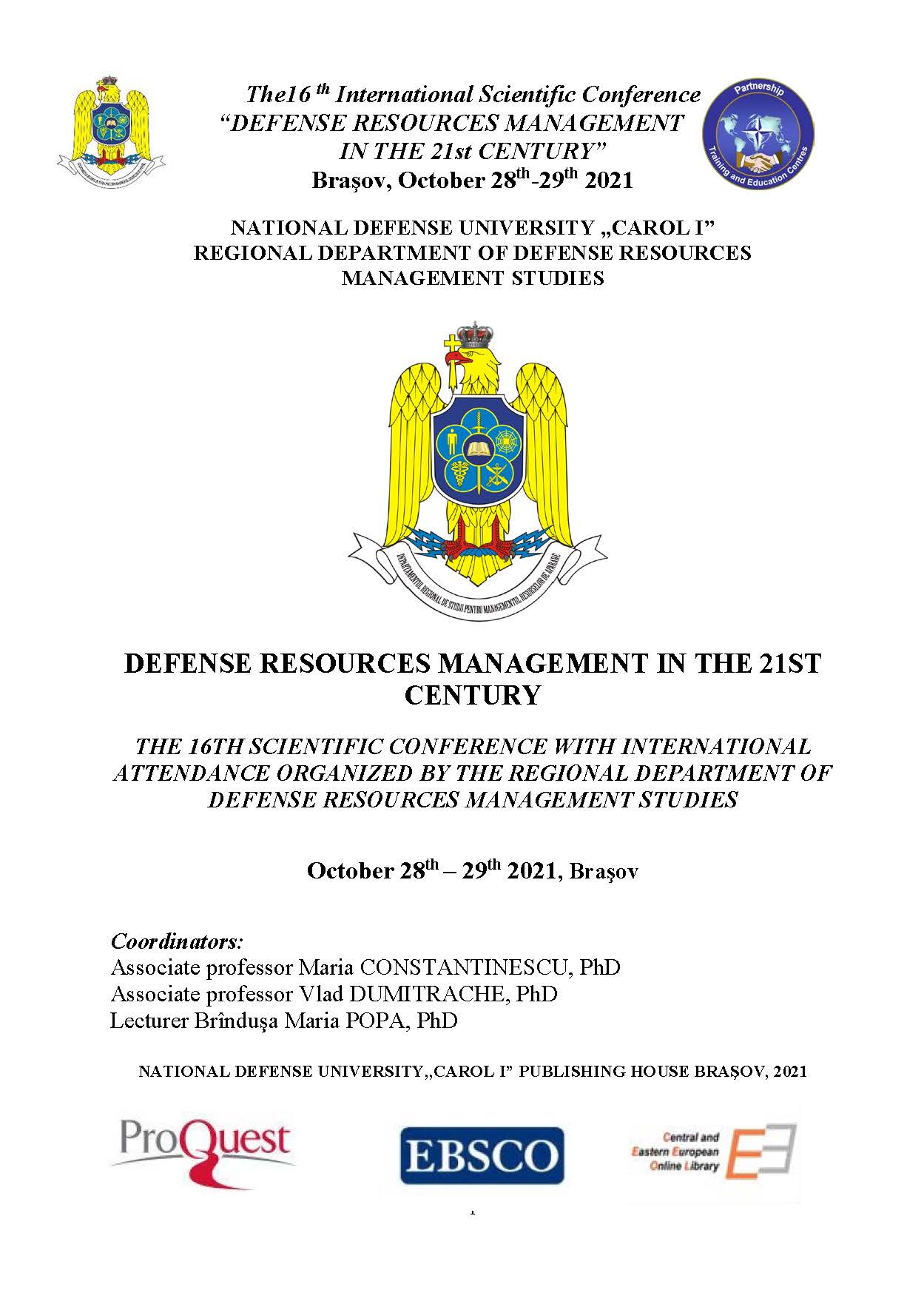THE FALL OF KABUL WHAT DOES THIS SITUATION MEAN FOR CENTRAL ASIAN STATES AND EUROPEAN UNION?
THE FALL OF KABUL WHAT DOES THIS SITUATION MEAN FOR CENTRAL ASIAN STATES AND EUROPEAN UNION?
Author(s): Mihail PăduraruSubject(s): Economic policy, Security and defense, EU-Accession / EU-DEvelopment
Published by: Regional Department of Defense Resources Management Studies
Keywords: European Union; Central Asia; Hybrid Threats; Security; Cooperation;
Summary/Abstract: Just days after the withdrawal of US troops, the Taliban took control of Afghanistan. Inevitably, this situation will affect the nations of the Central Asian region, which are already suffering from authoritarian regimes and various forms of hybrid threats, including terrorism, separatism, extremism, drug trafficking and cross-border organized crime. In the same vein, there is a state of uncertainty regarding the ramifications of this situation, which could lead to a deterioration of the security climate in Europe. As the level of hybrid activity has increased substantially in recent years and the expected challenges are cross-border in nature, they require special attention from the international community. Therefore, this paper will bring an explanatory and predictive note in relation to the situation in Afghanistan and the new threats, that foreshadow in the short and medium term in Central Asia and Europe.
Journal: Defense Resources Management in the 21st Century
- Issue Year: 16/2021
- Issue No: 16
- Page Range: 155-166
- Page Count: 12
- Language: English

